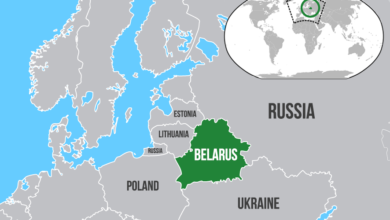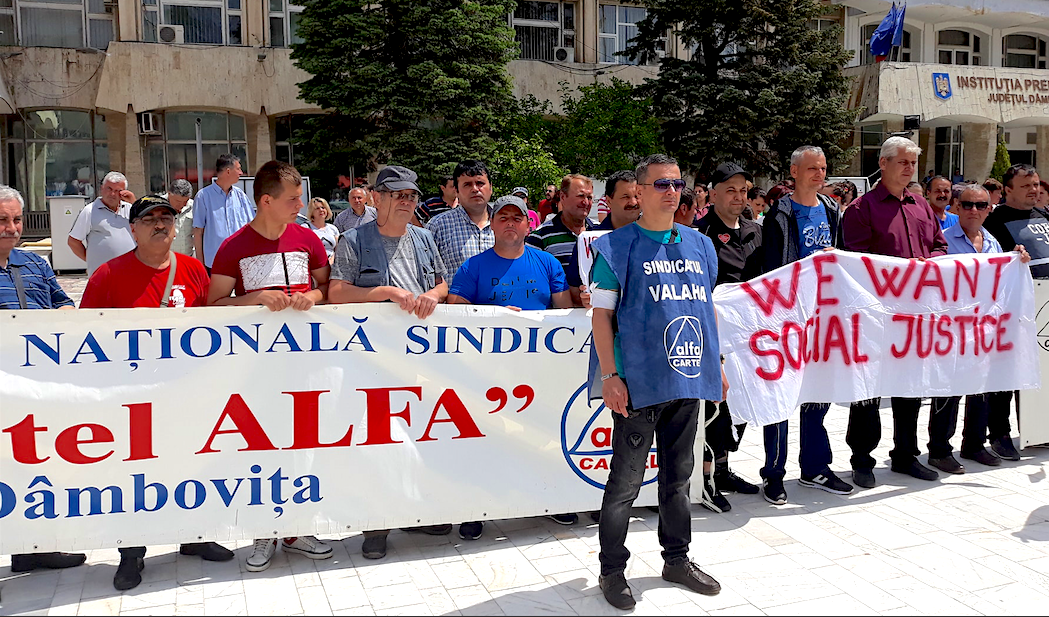|
The French electorate turned out in droves for the voting, with 85 percent of registered voters participating. It was the largest turnout since 1965.
The announcement of Sarkozy’s victory immediately prompted three continuous days of protest. In a number of cities across France, small spontaneous marches were followed by clashes with police. Protesters burned thousands of cars, and when the dust had settled four police officers were injured and hundreds of young demonstrators were arrested.
There have not yet been any large mobilizations against the new president. The Socialist Party—a social democratic party that ruled in France from 1981 to 1995—condemned the protesters’ actions and appealed for calm. Given the history of mass opposition to Sarkozy’s program, there is little doubt the French people will soon be out in the streets again.
Sarkozy ran on a platform that emphasized and defended his policies as interior minister. His anti-worker, anti-immigrant, and anti-youth record speaks for itself.
In 2004, Sarkozy was a strong supporter of the public school ban on apparel that “conspicuously shows” one’s religious affiliations. In reality, the law represented a direct attack on the five million-strong Muslim community in France. Promoting much of the same anti-immigrant racist Islamaphobia that has become commonplace in the “war on terror,” advocates of the ban directed most of the vitriol at the young Muslim women who wear headscarves in public.
In November and December of 2005, Sarkozy became an internationally recognized face of repression. In Paris’s poor suburbs, the children of African immigrants rose up after two young boys died while fleeing the police. The rebellion spread like wildfire as poor immigrant communities nationwide vented their frustrations from years of police brutality and joblessness. In response, Sarkozy deployed a massive police force, calling on them to “clean out” the troublesome neighborhoods.
Now Sarkozy has pledged to institute minimum jail terms for a variety of offenses, some negligible. This “zero tolerance” policy is widely seen as a way to deepen the attacks on the same communities that he referred to as “scum” and “riff-raff” in 2005. His presidential campaign was filled with similar thinly veiled references to appeal to the xenophobia and racism of well-mobilized reactionary forces in France.
After the election, Sarkozy tried progressive rhetoric to counter his anti-immigrant image. He said, “France will be at the side of the world’s oppressed,” claiming that this represented the real “history of France.” In fact, the history of France is colonial plunder, and the violent subjugation of enormous swaths of Africa, Asia, and the Arab world. These are the historic crimes for which, Sarkozy insists, France should stop apologizing. In fact, he went so far as to vow to “bring an end to repentance, which is a form of self-hatred.”
On the economic front, Sarkozy has promised a reactionary program intended to strip the gains of the French working class and further enrich the capitalist class. His program includes tax breaks for the rich in inheritance and corporate taxes. He has vowed to fight against the 35-hour workweek won by the working class in the streets in 1968. As a first step, he wants to abolish the tax on overtime pay, which was implemented to prevent employers from using overtime to undermine the 35-hour workweek.
As a way to undercut the powerful French unions, Sarkozy wants a law to guarantee minimum service during transport strikes. Such strikes have been a key tactic for the French working class in winning and protecting their benefits and pay. Sarkozy has recommended a law obligating unemployed people to take offered work, in order to lower the amount the French government pays in unemployment insurance.
On June 10 and June 17, parliamentary elections will determine the ease with which Sarkozy will be able to push through these dramatic reactionary reforms. The bourgeois media asserts that a parliament dominated by Socialist Party representatives will block Sarkozy’s reform package, while a victory for his party, the Union for a Popular Movement, will all but guarantee their passage. This view completely ignores the role of the organized masses of France, which emerged tough, resilient, and ultimately victorious against similar attacks from Jacques Chirac, the current president.
Again, it will be up to the determined workers and young people of France?—mobilized in the streets—to prevent the right-wing rollback promised by Nicolas Sarkozy.







